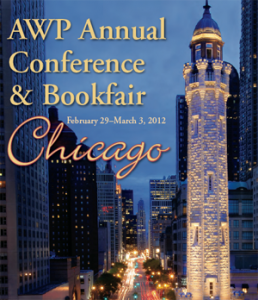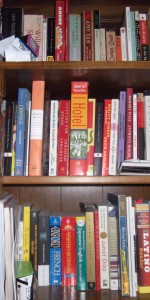 I’m terrible at sitting through speeches. I can sit in a lecture hall and watch a PowerPoint, participate in productive class discussions, and I take great chemistry notes. But when it comes to listening to a single speaker stand on a podium without any sort of interactive media, I usually end up thinking about the ceiling or dinner or Words With Friends or something equally not speech-related. The speaker’s well-prepared words waste away right outside my eardrums. It’s pretty embarrassing, the sad state of my attention span.
I’m terrible at sitting through speeches. I can sit in a lecture hall and watch a PowerPoint, participate in productive class discussions, and I take great chemistry notes. But when it comes to listening to a single speaker stand on a podium without any sort of interactive media, I usually end up thinking about the ceiling or dinner or Words With Friends or something equally not speech-related. The speaker’s well-prepared words waste away right outside my eardrums. It’s pretty embarrassing, the sad state of my attention span.
Thankfully though, this was very much not the case with Margaret Atwood’s keynote speech at this year’s AWP conference in Chicago. Maybe it was the opulent theater, or that I had already eaten, or that her stories are some of the most influential works in my personal reading and writing career…but I was absolutely rapt during the entire event. Her words were well-chosen, hilarious, and put together in a speech just long enough to make it worth the windy walk, short enough to keep me out of Lala-land. Here, then, for all the folks who couldn’t make it, or those who did but were on their phones (tsk tsk), are the main points I took from her time on the podium.
MARGARET ATWOOD on THE CRAFT OF WRITING
- Reading is just as important as writing. Writers who don’t read don’t actually want to write, they just want someone to listen to them talk about their life.
- Spelling is the least of your worries as a writer. Leave those sorts of details to editors and that bouncing paperclip in the corner of Microsoft Word.
- Part of studying the craft of writing is ripping things up and starting again.
- “Artsy-fartsy” vs. “Craftsy-waftsy”: There is a difference between the art and the craft of writing. “Art” implies an elitist state of being, while “craft” is the proletarian act of doing. Even if you are a gifted artist, you will not develop without getting down and dirty with the crafting of your skill.
- Writing is a tool, and so can be used to make, fix, or destroy things. Make sure that you are always using the right tool for the right job. That is, your voice, style, and tone should fit the content and emotion of your work.
- Keep your literary “key signature” and “tempo” in mind while writing. Is your piece in a “major” or a “minor” key? How fast should it go; where should your story speed up and slow down?
- What is your voice? Who is speaking to whom? How much does your reader get to know?
- When faced with writer’s block, try some of the following:
- Change the tense or narrator.
- Alter your first scene.
- Go to the movies.
- Some words from Charles Dickens to keep in mind: “Make them laugh, make them cry, make them wait.”
- There will always be someone who doesn’t like your work. That doesn’t mean that there are any fewer people who do.



